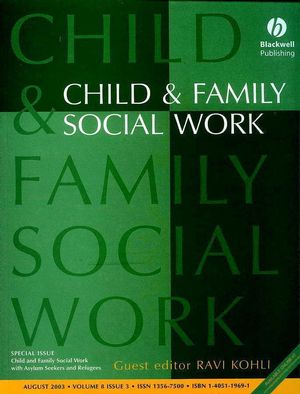Negotiating child agency in childcare practices among immigrant families
In the context of migration, different perspectives of child agency can influence childcare practices and may create tensions within families and in the host society. This study explores the individual, relational, environmental, and cultural factors that influence how child agency is understood and exercised within immigrant households. Focus group discussions were conducted with first- and second-generation immigrant children (12- to 17-year-old) (N = 46) and parents (N = 19) from South-Asia, Latin-America and the Caribbean in Montreal. Our findings suggest that children exercise agency by taking actions to ensure their own safety and contributing to their families’ needs. Moreover, we found that negotiating children’s agency is influenced by the nature of the parent–child relationship, the material and social resources available to the family, and the perceived and lived experiences of authority and safety in the host society. This study advances our understanding of how immigrant children contribute to their families and the role that contextual factors play in shaping, promoting and hindering child agency. Policy makers and service providers in host societies should consider the perspectives of immigrant children and parents in order to develop a more culturally responsive understanding of the elements and processes that influence childcare and supervision practices of immigrant families.

